Where consumers and farmers pull together
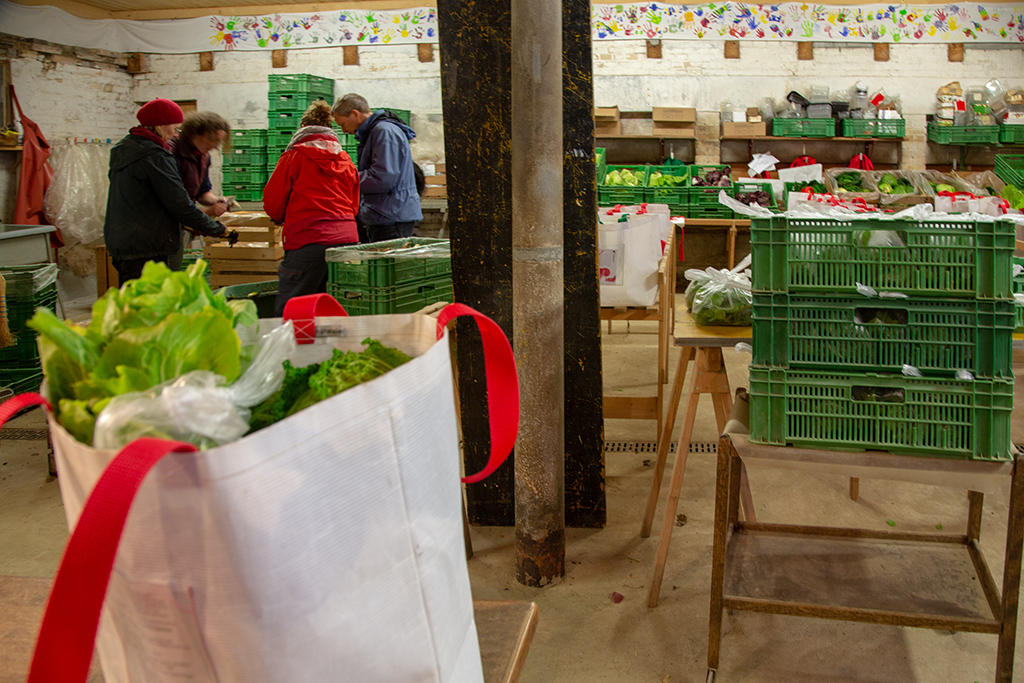
Volunteers invest effort and money in a Swiss farming initiative near Bern with the aim of showing solidarity with like-minded people and harvesting top-quality organic vegetables.
“You’ve raised false expectations!” says a middle-aged man after swissinfo.ch approaches the chicken enclosure with a camera, increasing the cackling by several decibels. “The chickens think you’re going to feed them.”
Around 40 solidarity farms
Swiss agriculture is under pressure. The pricing policy of large distributors and importers is forcing farmers to get more and more out of their land. Some farmers want to escape this trend.
According to the Cooperation Centre for Solidarity in AgricultureExternal link, there are around 40 farms in Switzerland that involve consumers in the farm work. One of the aims of their initiatives is to promote understanding and appreciation of farm work.
Christoph Schüep’s day job is that of a food industry biologist, but on the Radiesli farmExternal link, which means “radish”, he’s one of 320 volunteers.
“I want to experience what it’s like to produce food and to work on the land that feeds us,” he explains. Today he helped with weeding and packaging. “Top-quality fresh organic vegetables.”
Volunteers work at least four half-days a year on the farm. “We’ve all got a direct interest in producing good, healthy food because we eat it ourselves,” Schüep says.
The quality of the produce is one of several factors that attract volunteers. Some also say it’s important that they can bring their children along so that they get an insight into agriculture. Many others say it’s a place to meet like-minded people.
Male chicks
In addition to vegetables, the business produces grain, meat and eggs, all produced to a biologically certified quality and through a process appropriate to the species.
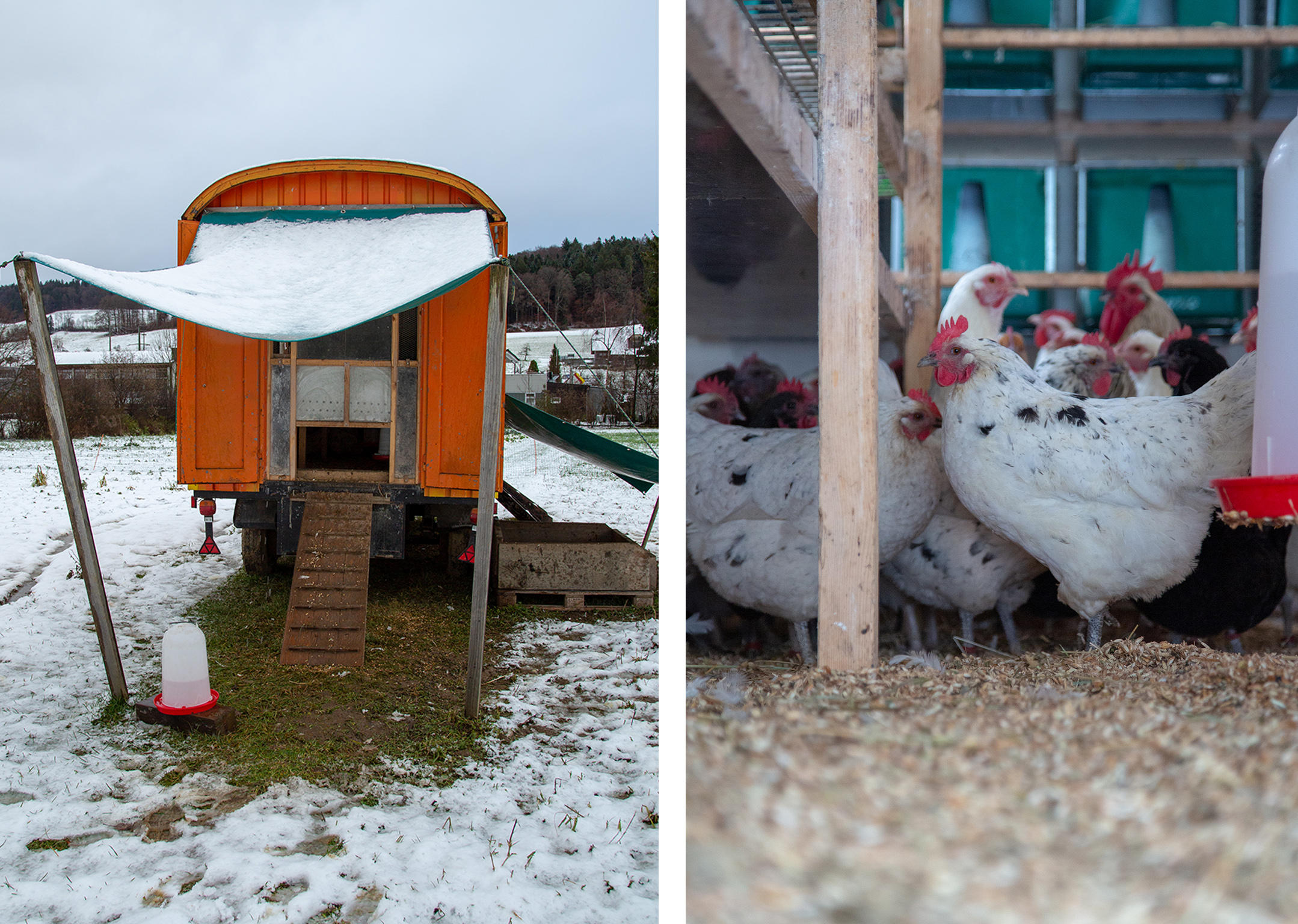
Commercial chicken farming is highly specialised, with one breeding line for chickens (male or female) that quickly put on a lot of weight and one breeding line for hens that lay a lot of eggs. In this latter line, male chicks are not needed. As a result, in Switzerland alone more than two million male chicks are gassed immediately after hatching. Until a few weeks ago they were also shredded.
Chickens on the Radiesli farm are not bred specifically to lay eggs. In contrast to 99.9% of their species, the laying hens and their brothers all live on the farm until adulthood.
This is why at Radiesli the motto is: “If you want eggs, you have to eat the hen’s brother as well,” says Christoph Hirsbrunner, one of the founding members who has been responsible for the financial side of the business on a voluntary basis ever since.
One in, one out
The 320 volunteers are non-experts who work under the guidance of six professional staff members. The work volume of the volunteers is about half that of the permanent staff.
Hirsbrunner doesn’t want to answer questions such as how much a kilo of carrots costs or whether production is competitive. “We don’t want to sell individual products at a certain price per kilo. Our goal is to support an entire company as a community and to share the produce among us,” he says.
Whatever can be harvested from sustainably cultivated land is handed out. In addition to manual labour, all volunteers contribute around CHF1,200 ($1,240) a year to finance the farm – for the salaries of permanent employees, machines, tools, rent or seeds.
Nevertheless, the Radiesli farm has no problems attracting volunteers. On the contrary: because the yields from the ten hectares of land can feed only about 320 people, those interested in joining have to wait until someone leaves the community.
‘Dream job’
The salaries of permanent employees are based not on performance but on demand, explains Marion Salzmann, who has also been with the company since its foundation. “We sit down together once a year to determine who needs how much to live.”
Salzmann trained as an elementary school teacher. As a vegetable gardener, is responsible for vegetables together with another permanent employee.
“For us it’s a dream job to be able to do farming with the support of so many different people,” she says.
Asked what working with 320 lay people is like, Salzmann says she’s “70% gardener and 30% educator”. “Every morning different people are standing there and you have to enjoy getting involved and thinking about how and where you can use them.”
Relations with neighbours
Salzmann is motivated neither by gratuities nor by bonuses. “I’m happy to get a wage that I can live on. It’s much more important to me to have a job that I enjoy doing from the bottom of my heart. I’m connected with this place and I’m happy that the land can recover, become more beautiful and more diverse, because more and more plant and animal species have a habitat.”
When Salzmann and Hirsbrunner and some of their colleagues launched the project eight years ago, most of the neighbouring farmers smiled at them. In the meantime, however, some have been amazed to see the Radiesli farm thriving.
“Some farmers say in private that the way they farm is not sustainable. One asked me in detail about how we work because he realised that he couldn’t continue in the conventional way,” Salzmann says.
But relations with the farmers in the neighbourhood are good, she says, “even if they no doubt see some things differently from us. And we obviously help each other – if there’s an urgent issue or if a machine has to be borrowed”.
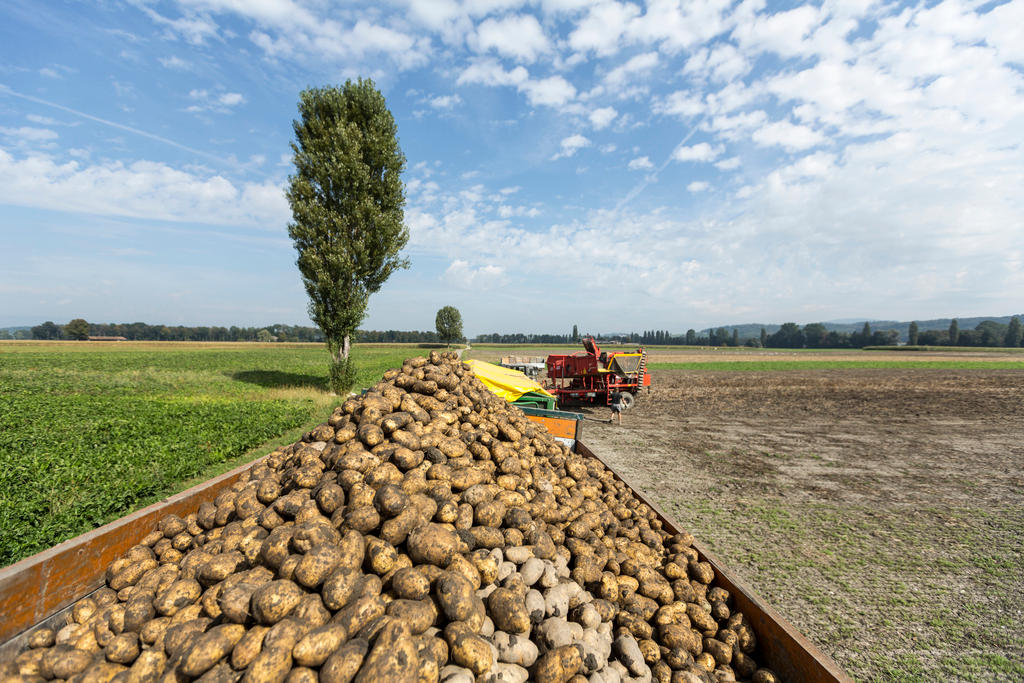
More
The privileges of being a farmer in Switzerland
(Translated from German by Thomas Stephens)

In compliance with the JTI standards
More: SWI swissinfo.ch certified by the Journalism Trust Initiative
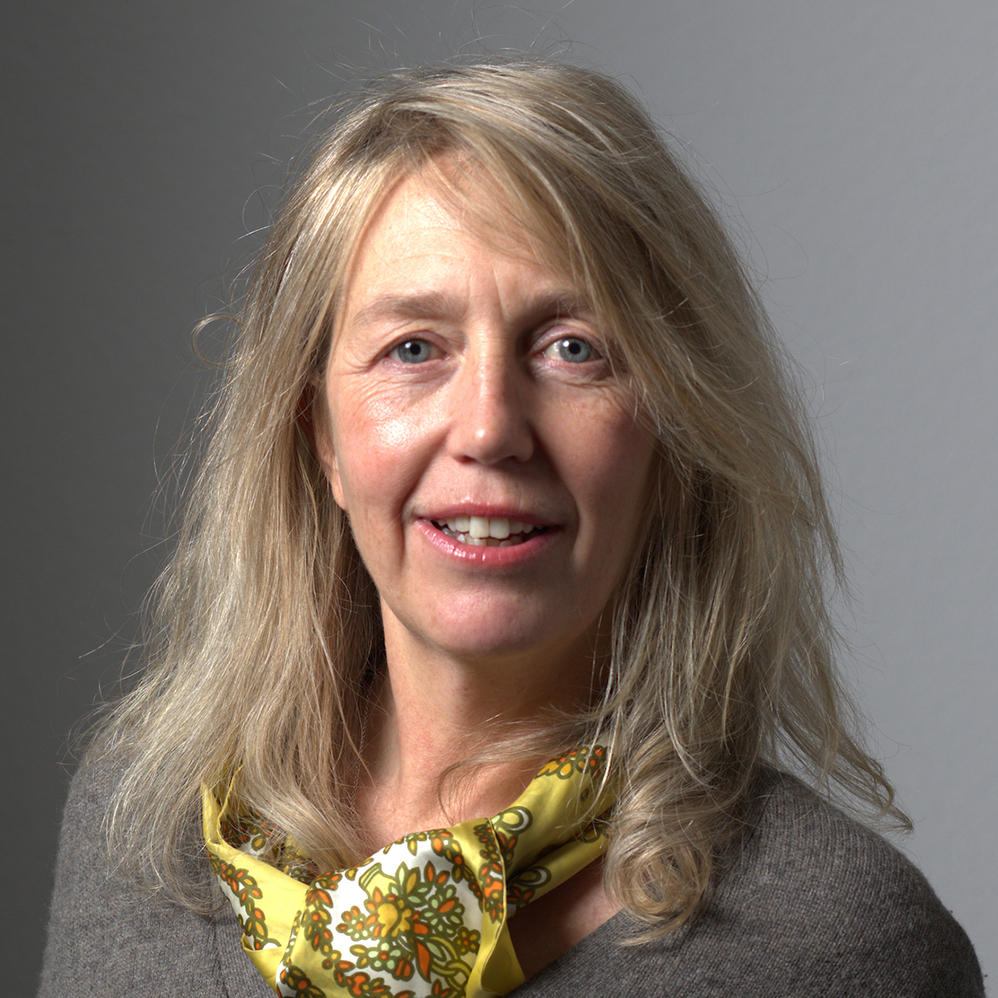

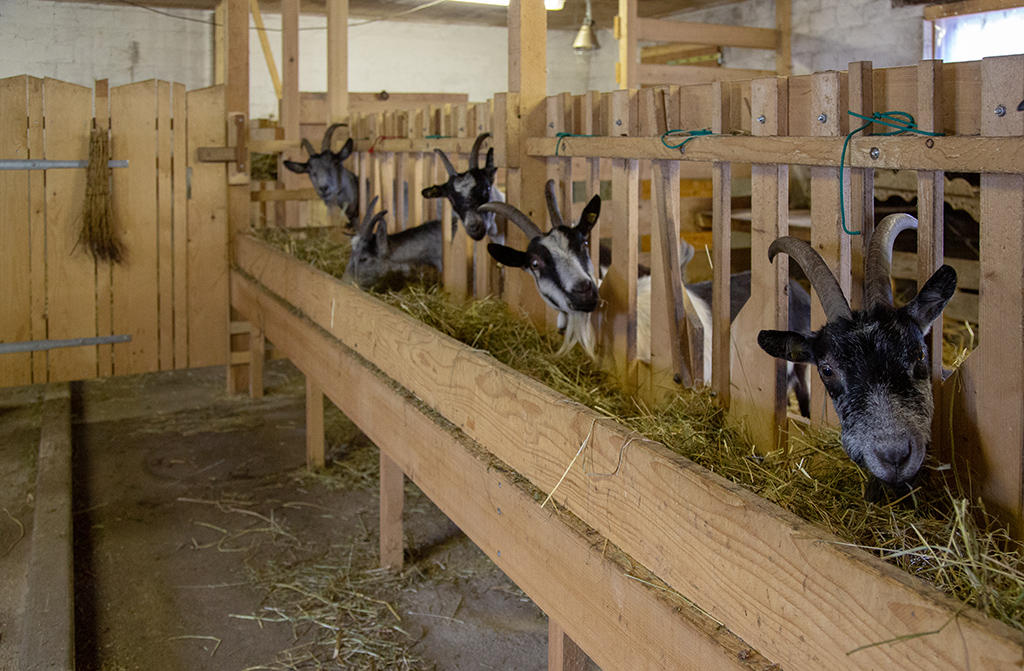
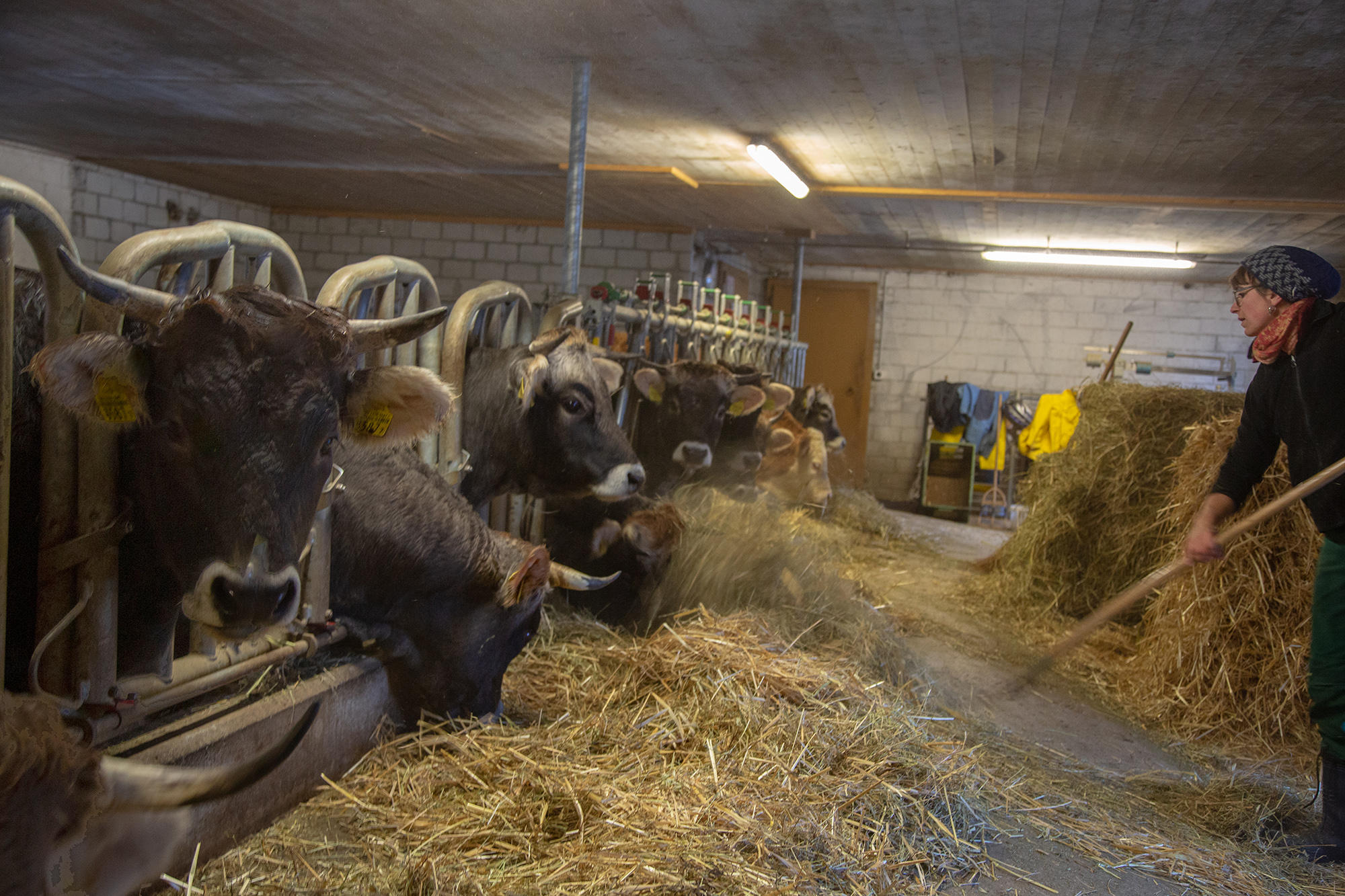
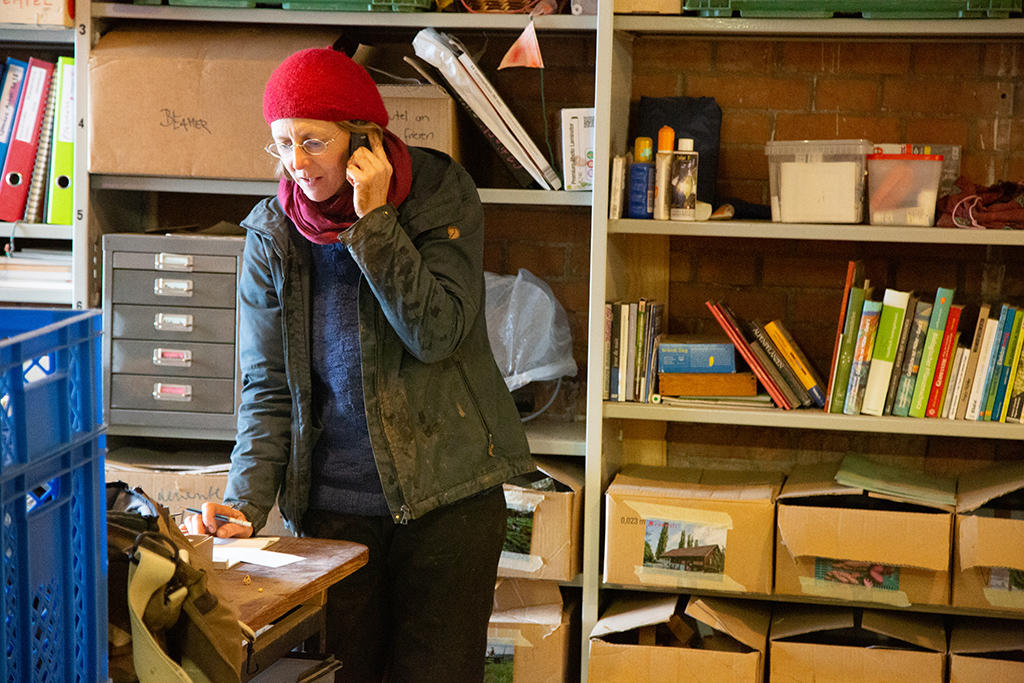
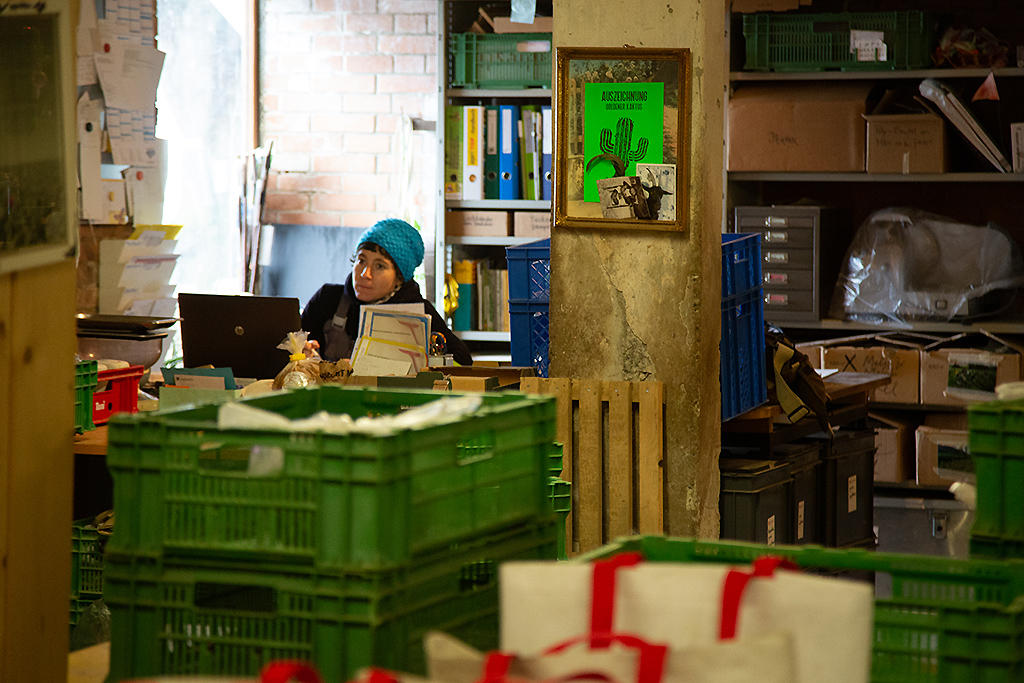
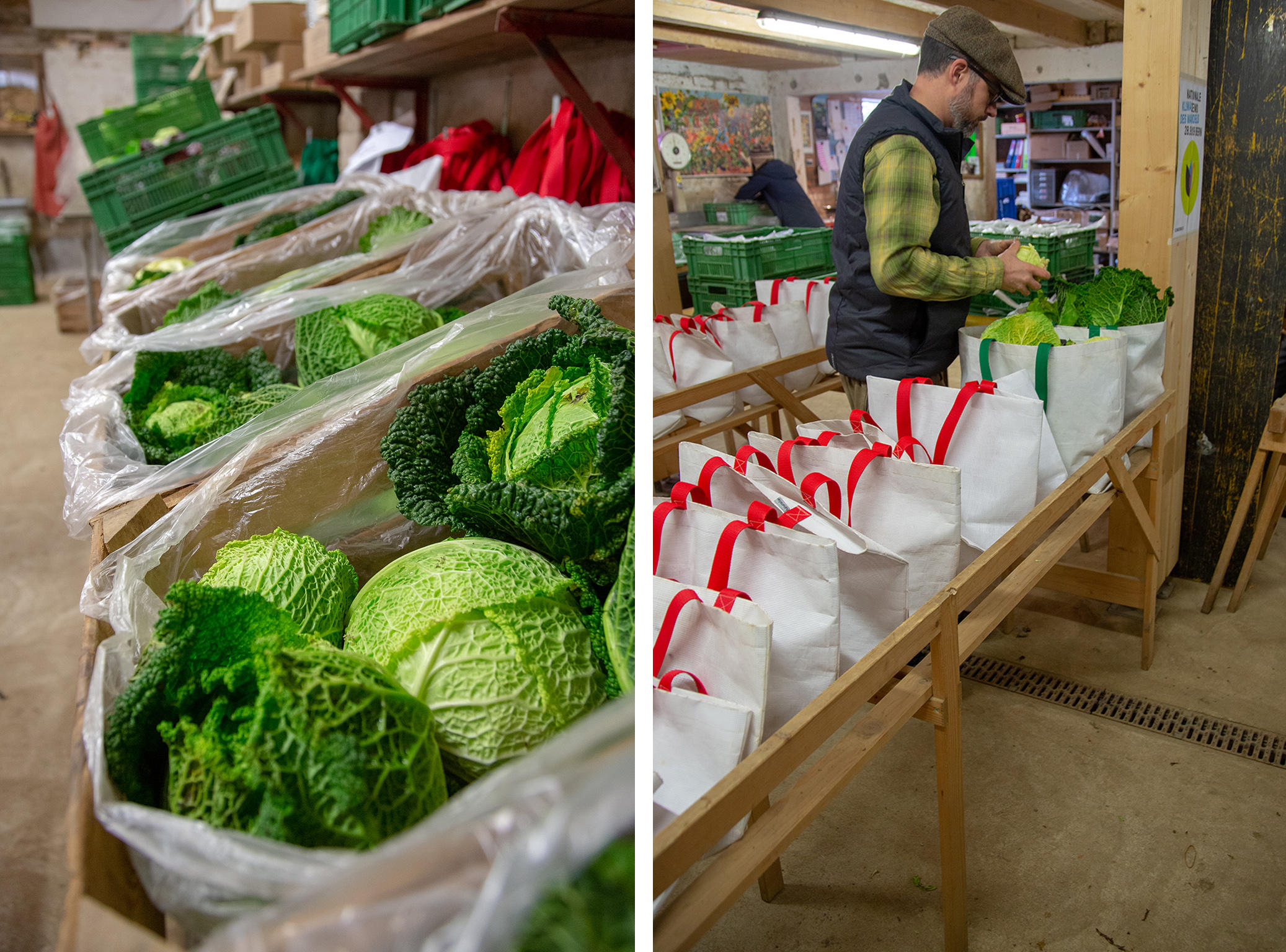
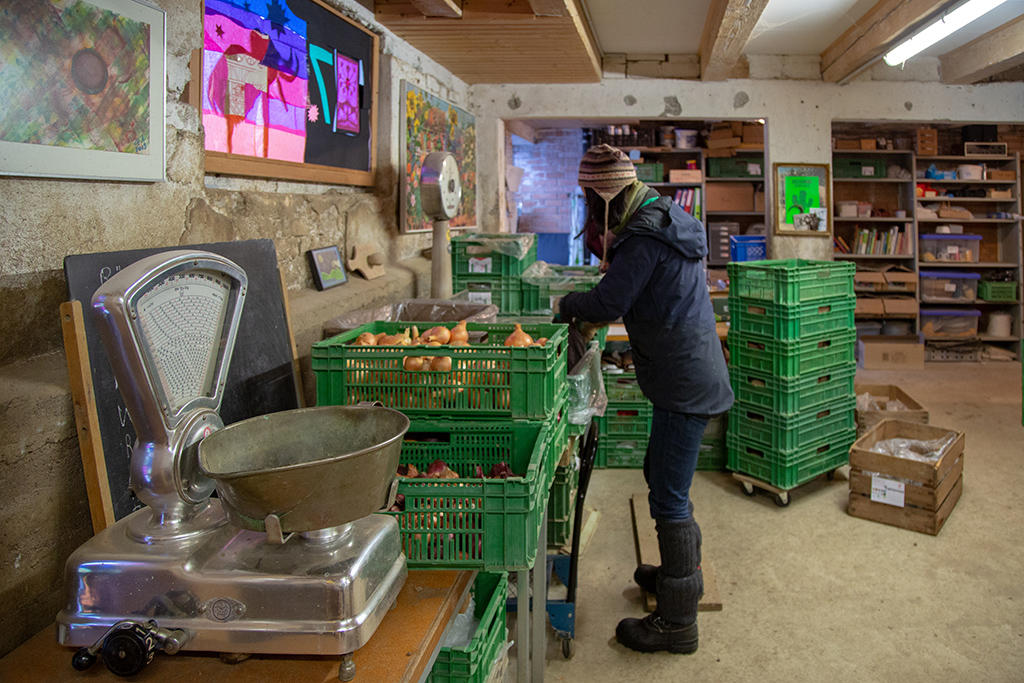
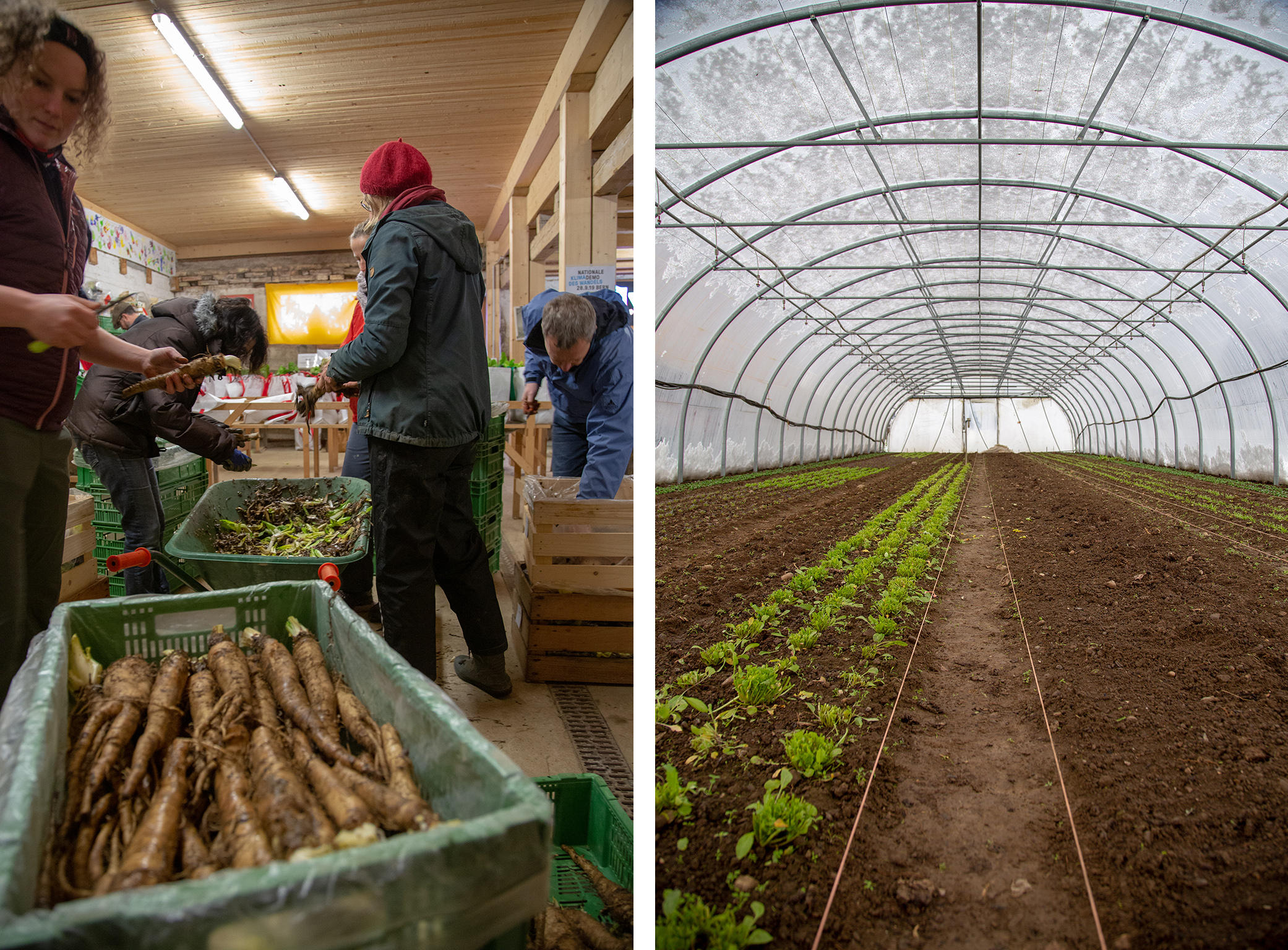
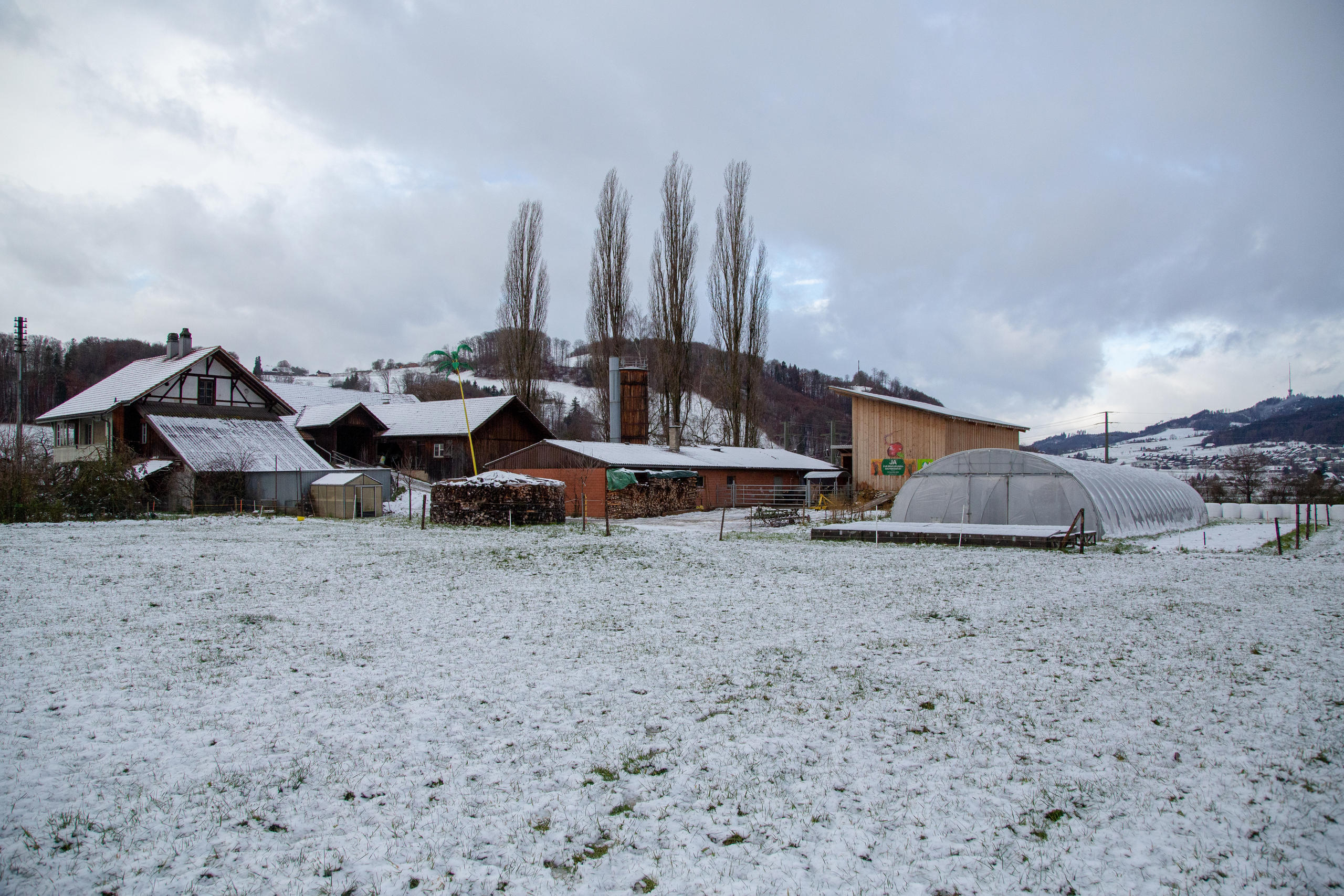
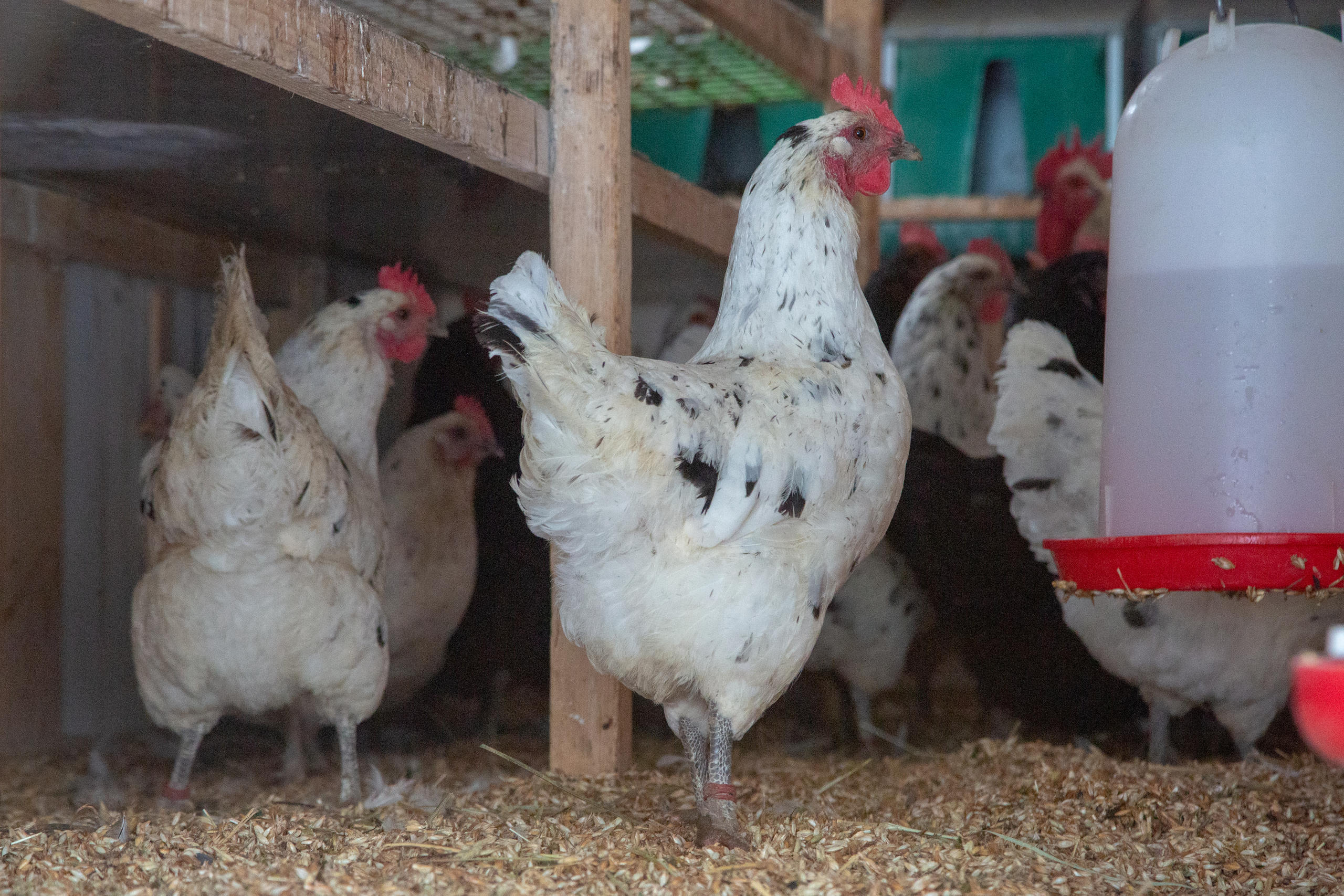
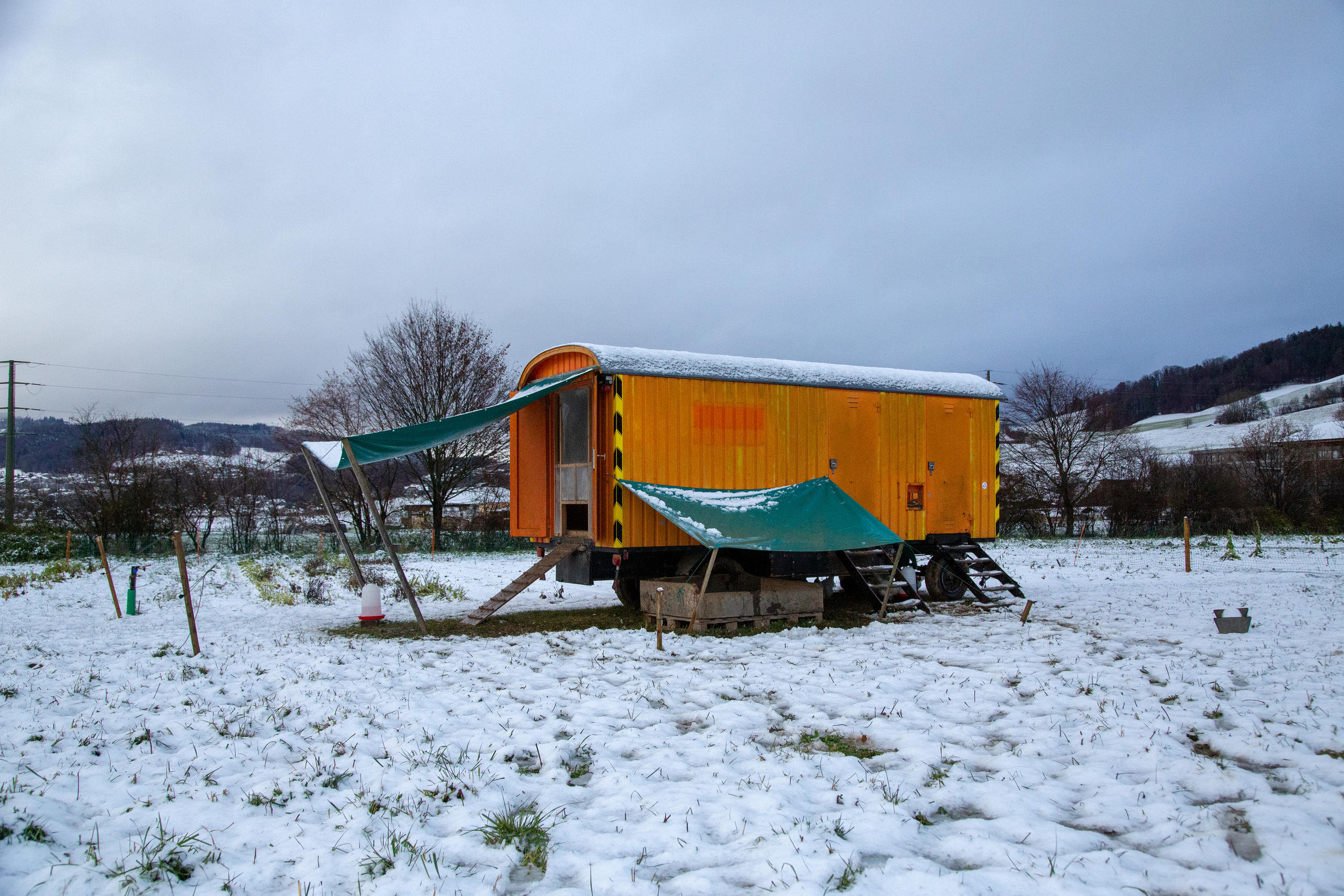
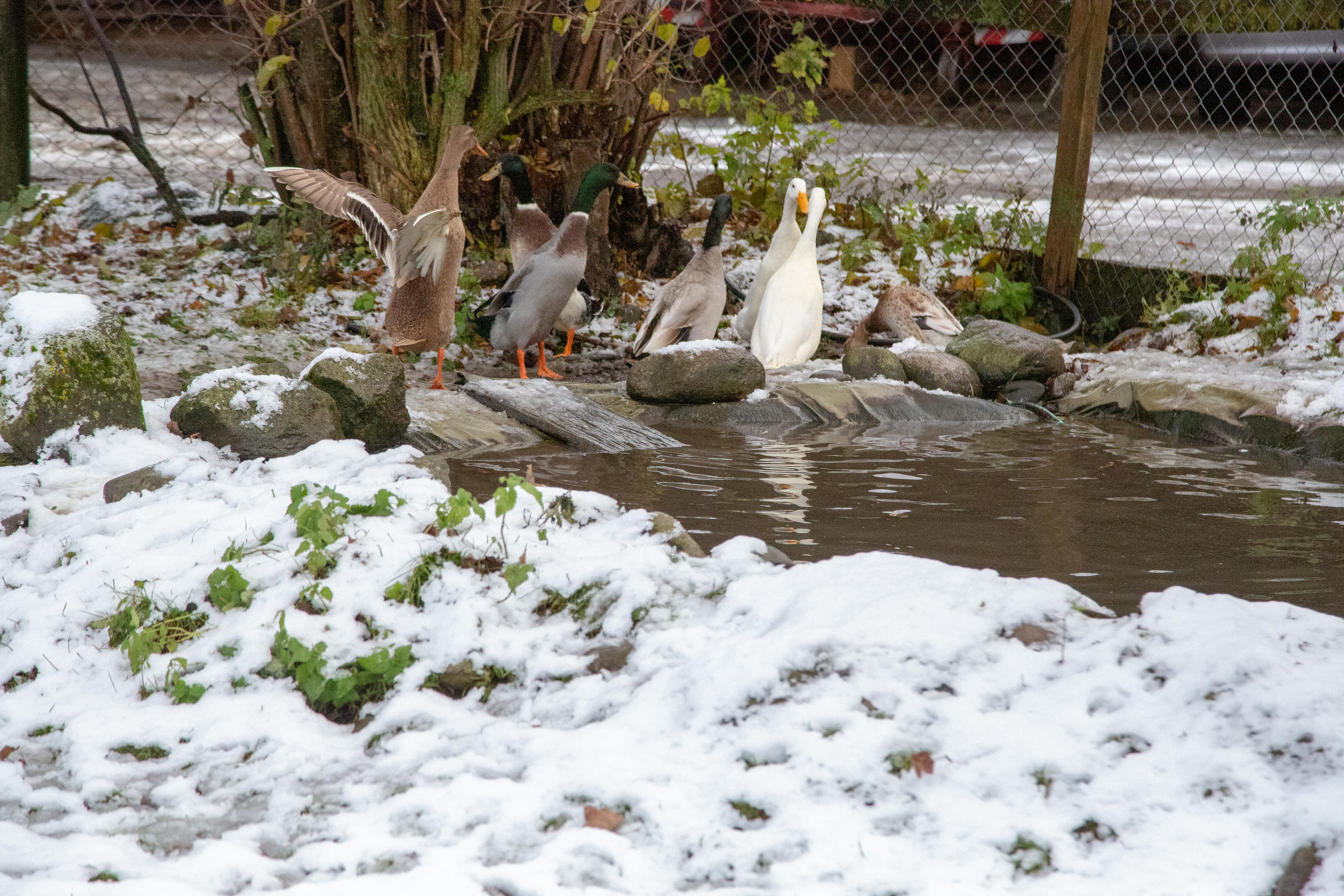
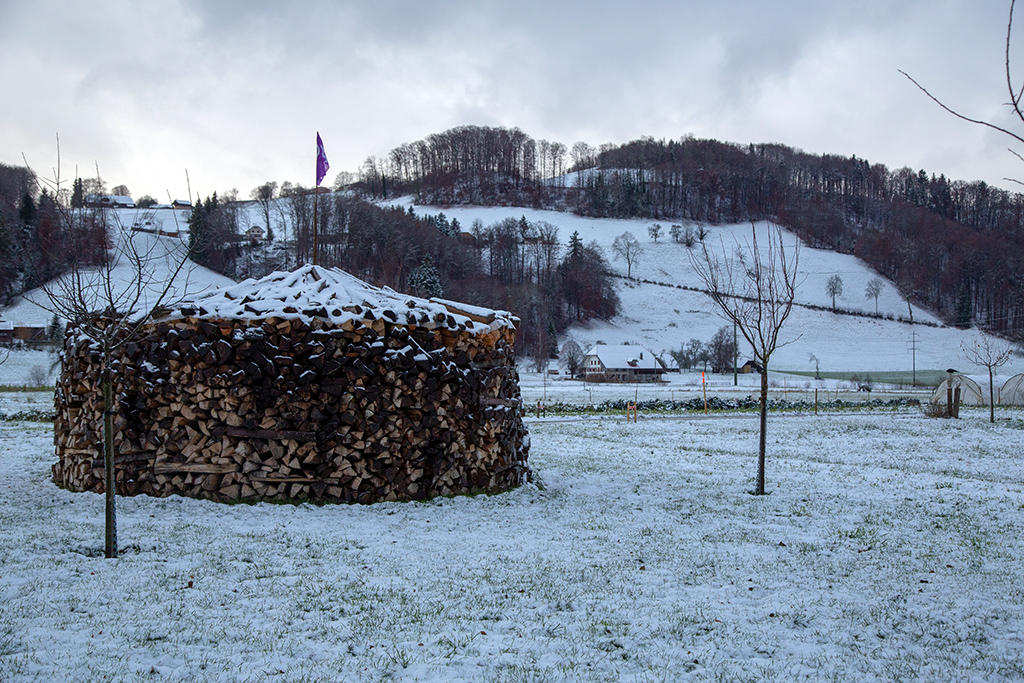
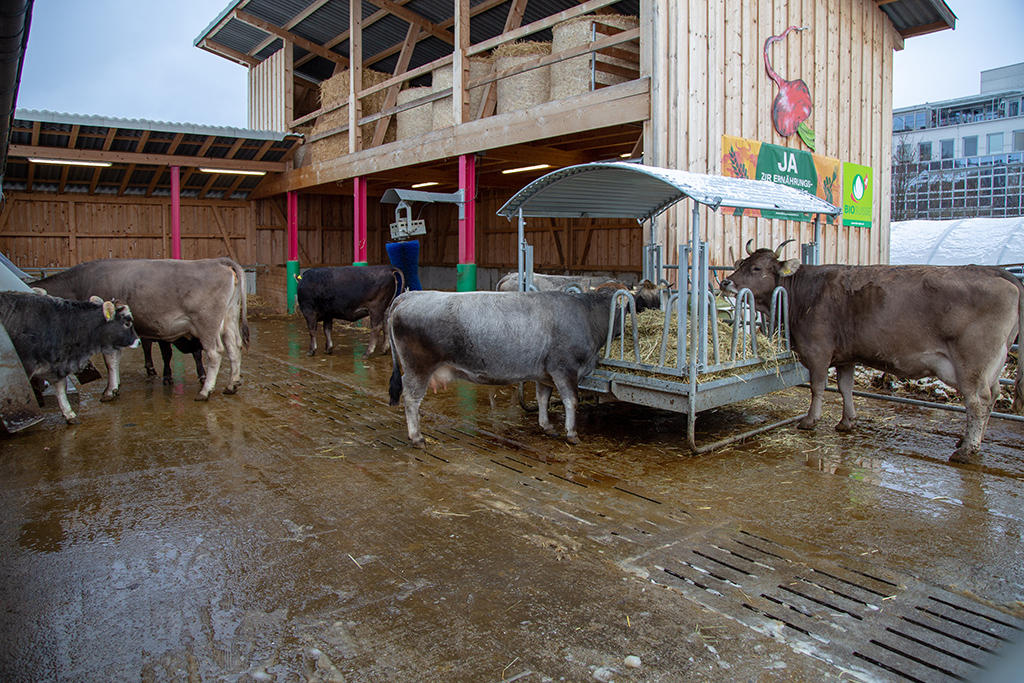
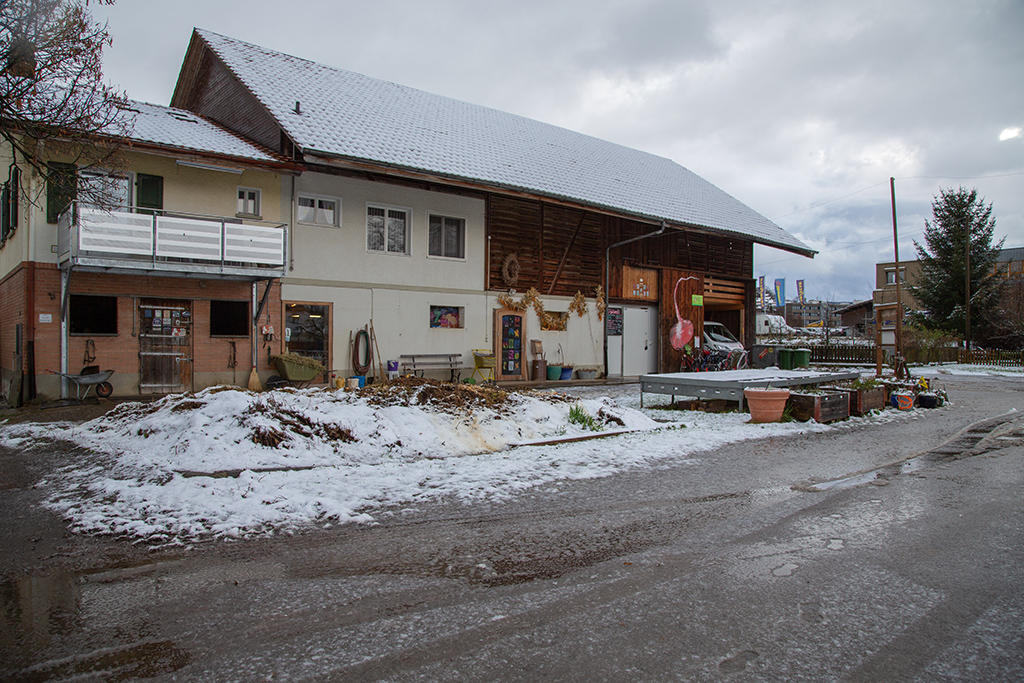
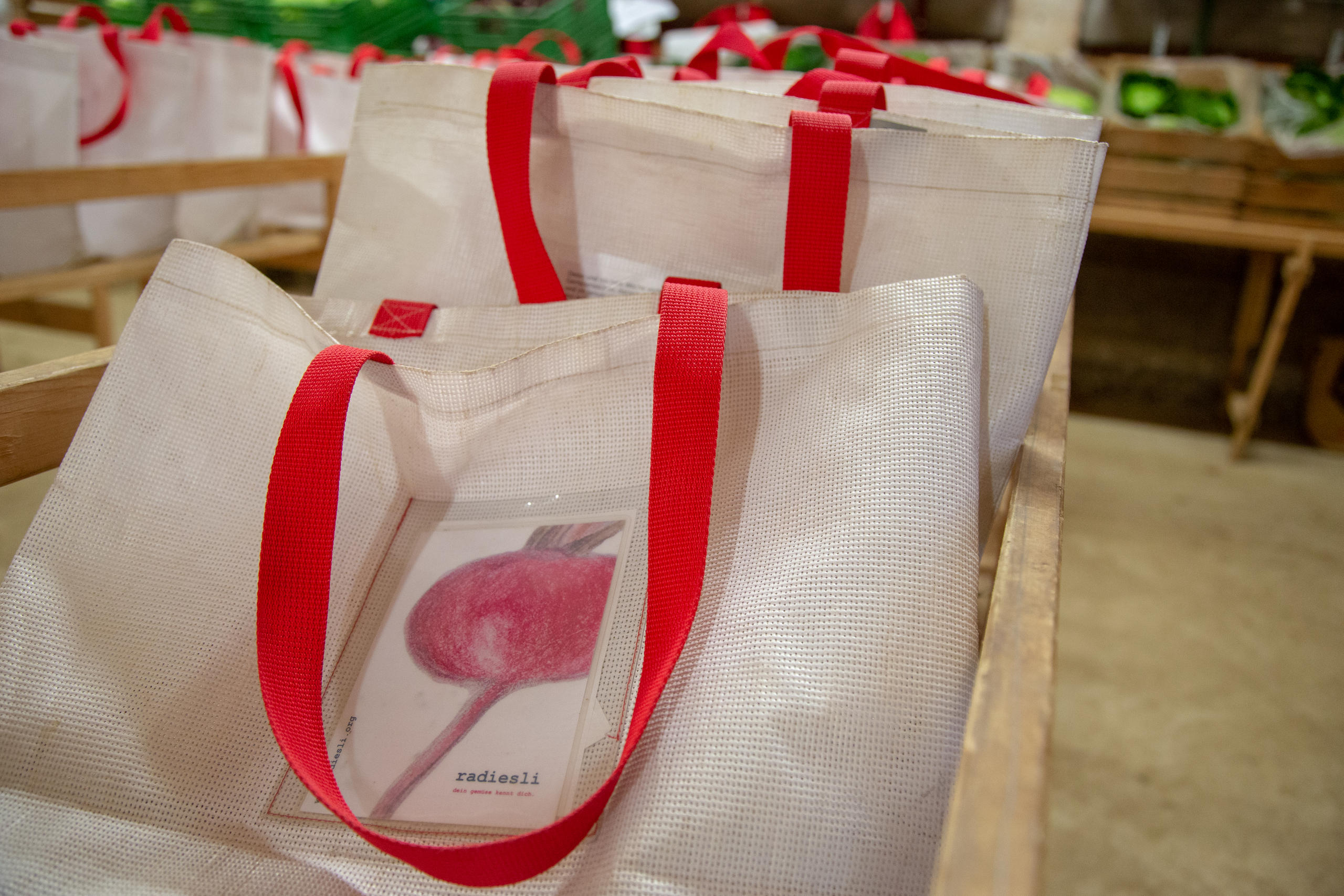

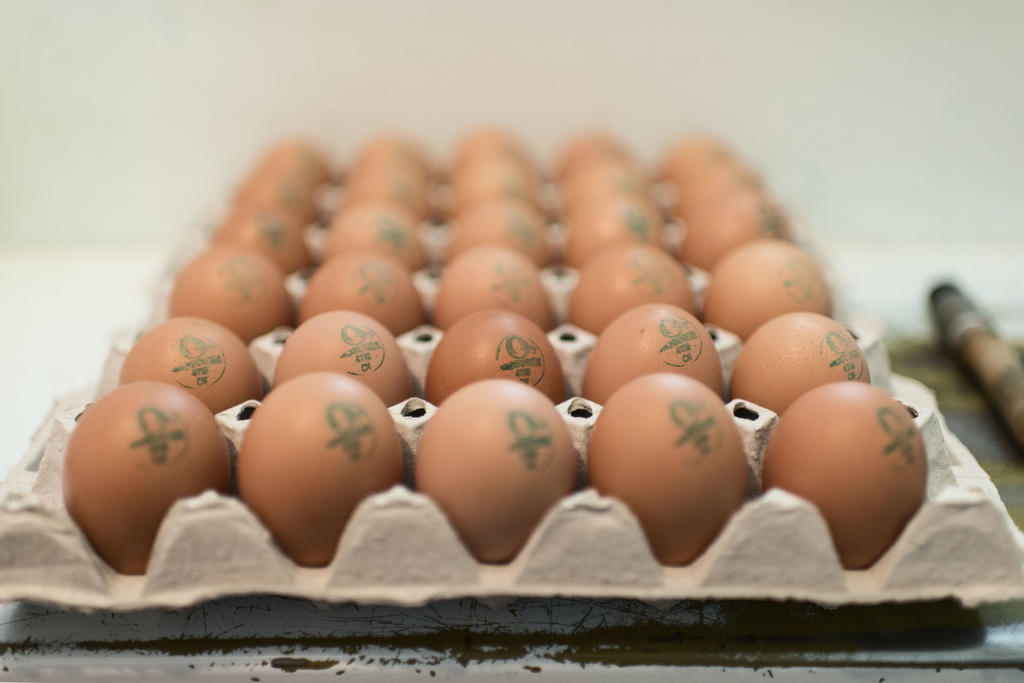
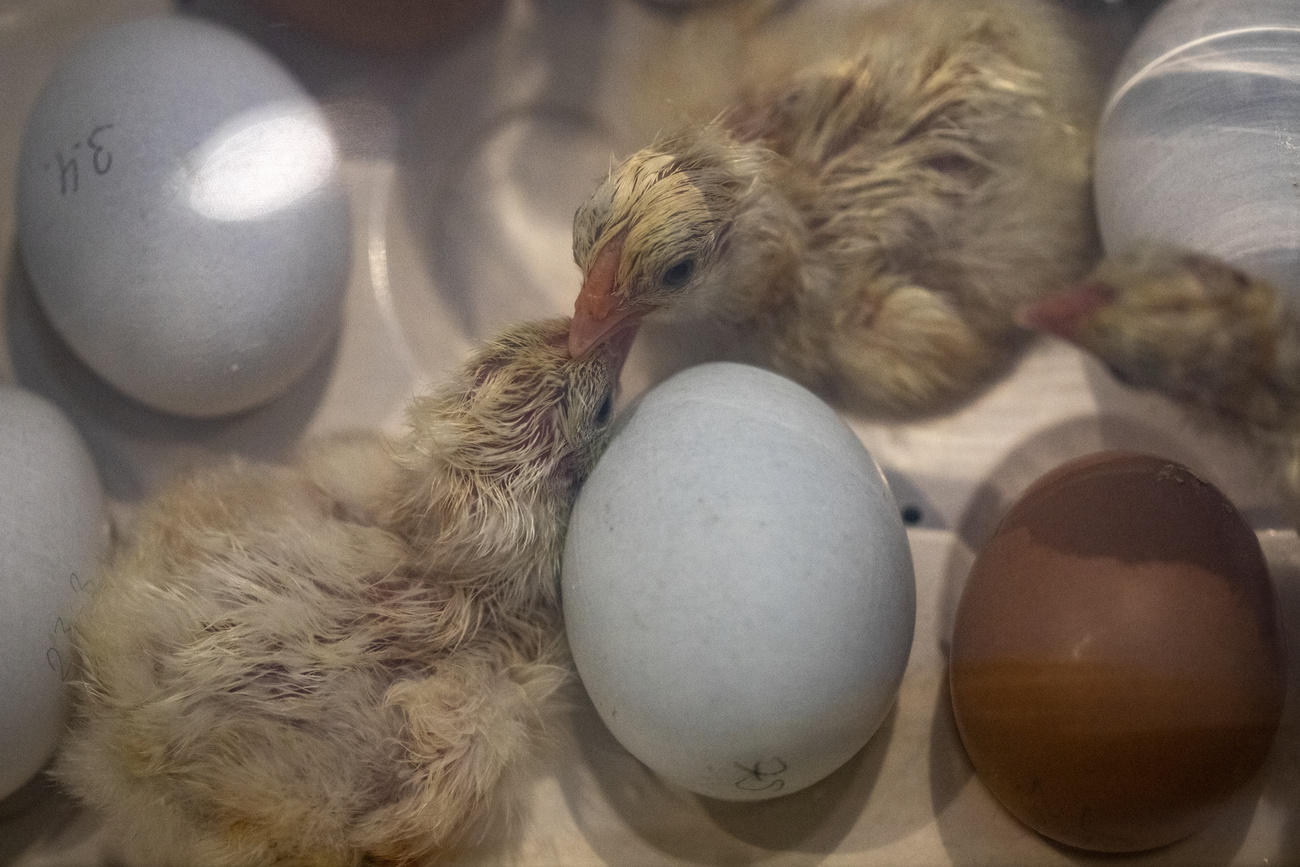
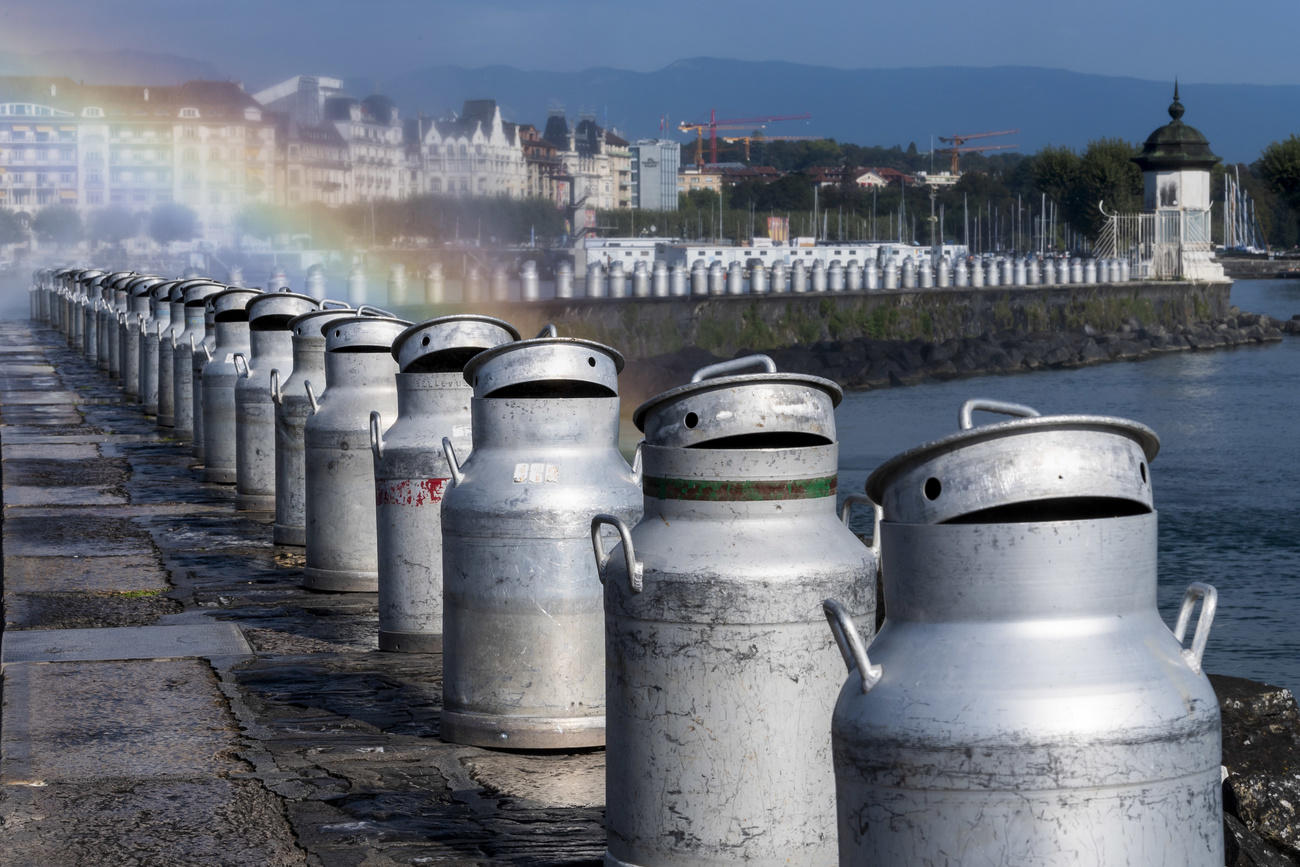
You can find an overview of ongoing debates with our journalists here. Please join us!
If you want to start a conversation about a topic raised in this article or want to report factual errors, email us at english@swissinfo.ch.